Full disclosure: The Kodak Ektar H35 is right up my alley. Why? I like inexpensive, minimalist, rudimentary cameras. This usually consists of older, low level gear like your odd Argus or Russian knockoffs. I had an Argus C3 and still have a C4. I currently have a few FEDs including a 2 and 5C and ZENITs E and KM, the latter being a hilariously awful camera and I heart it. But few new low cost film cameras interest me usually.
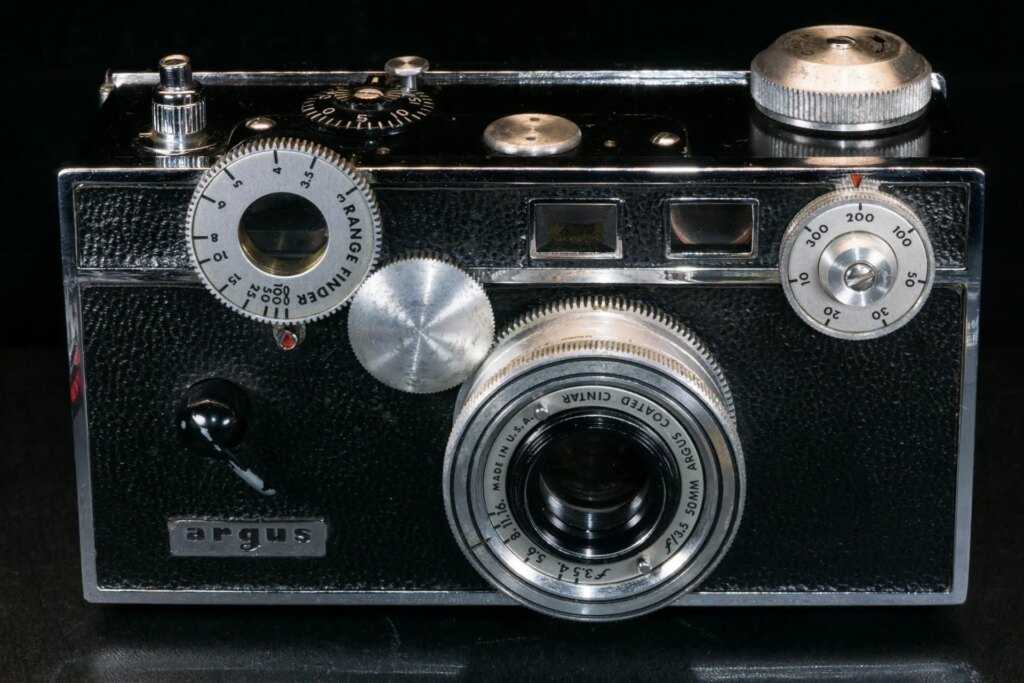
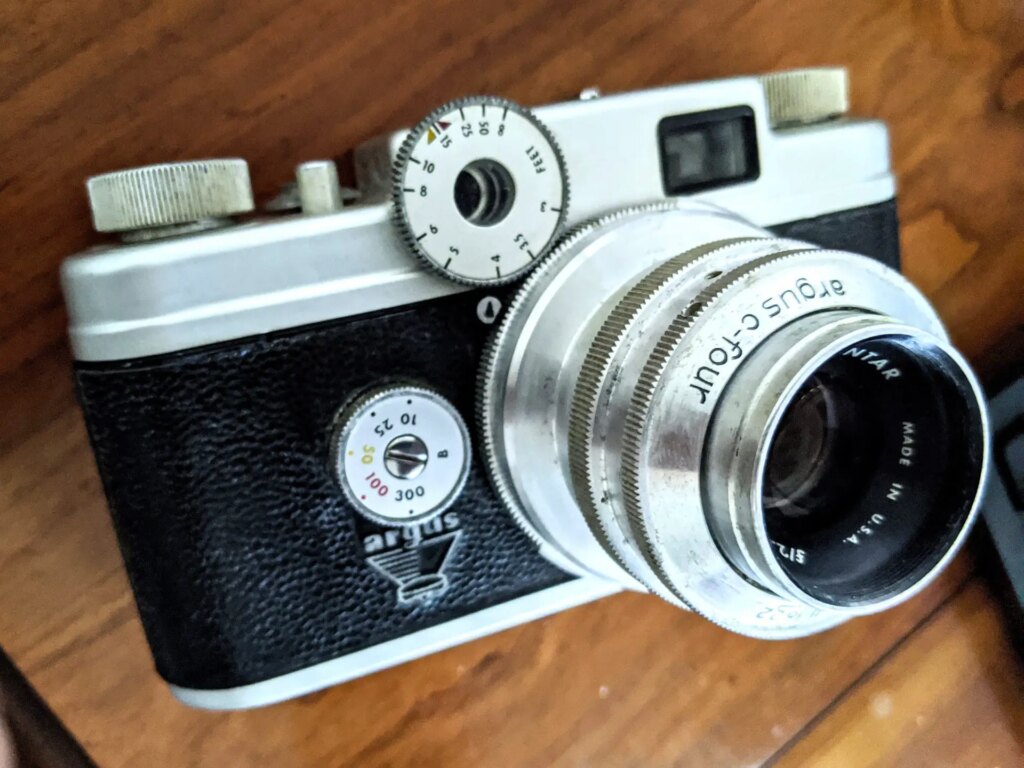
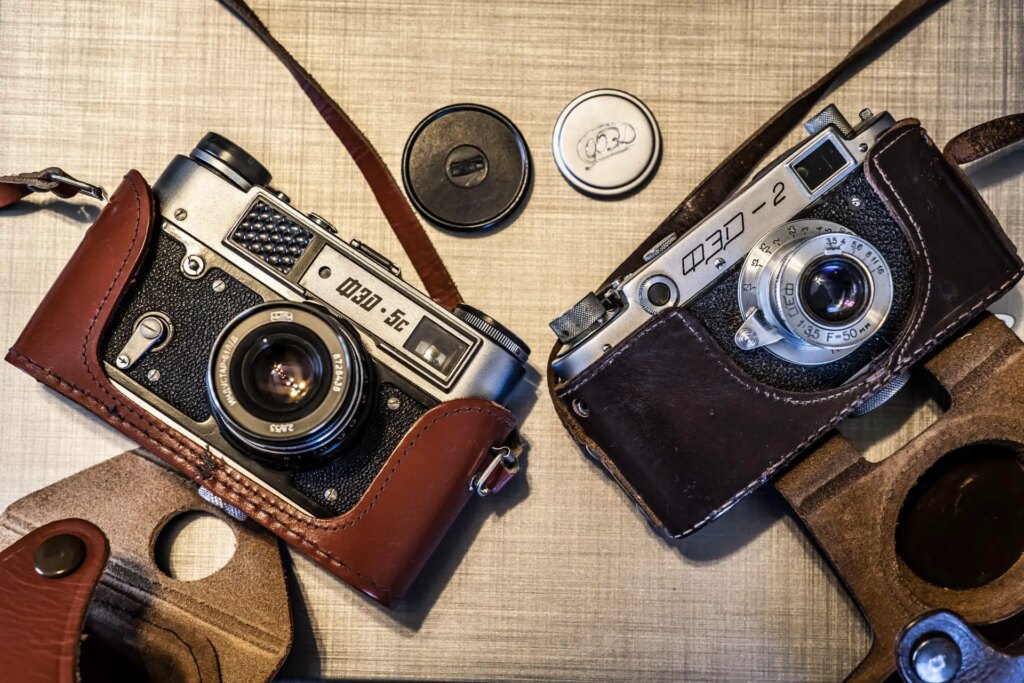
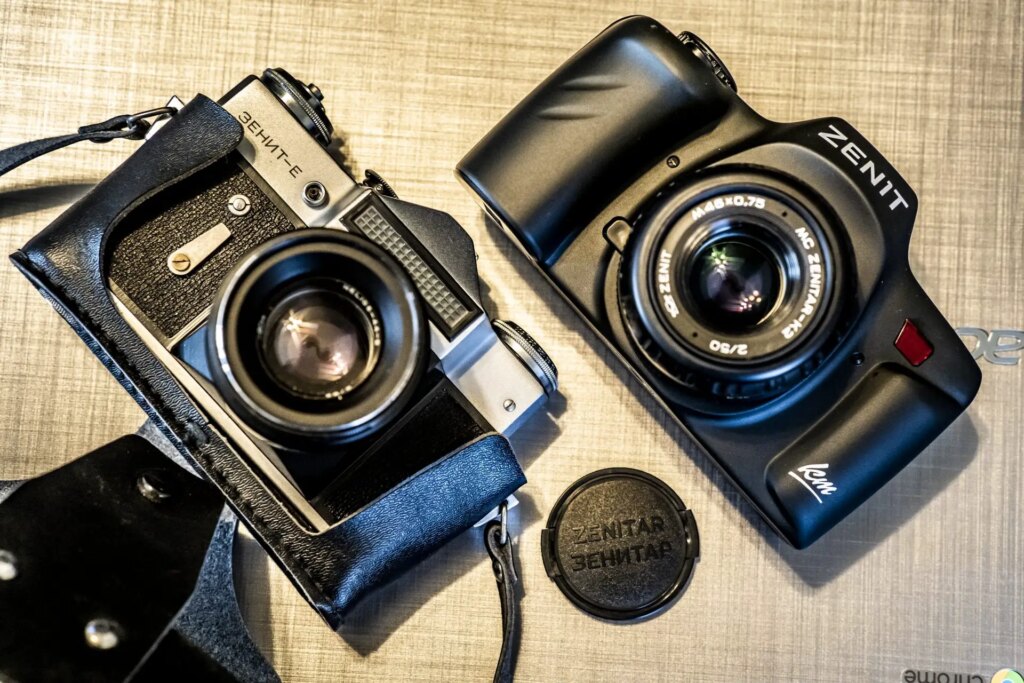
My favorite thing about the older cameras listed above is creating a decent result with a dirt cheap solution.
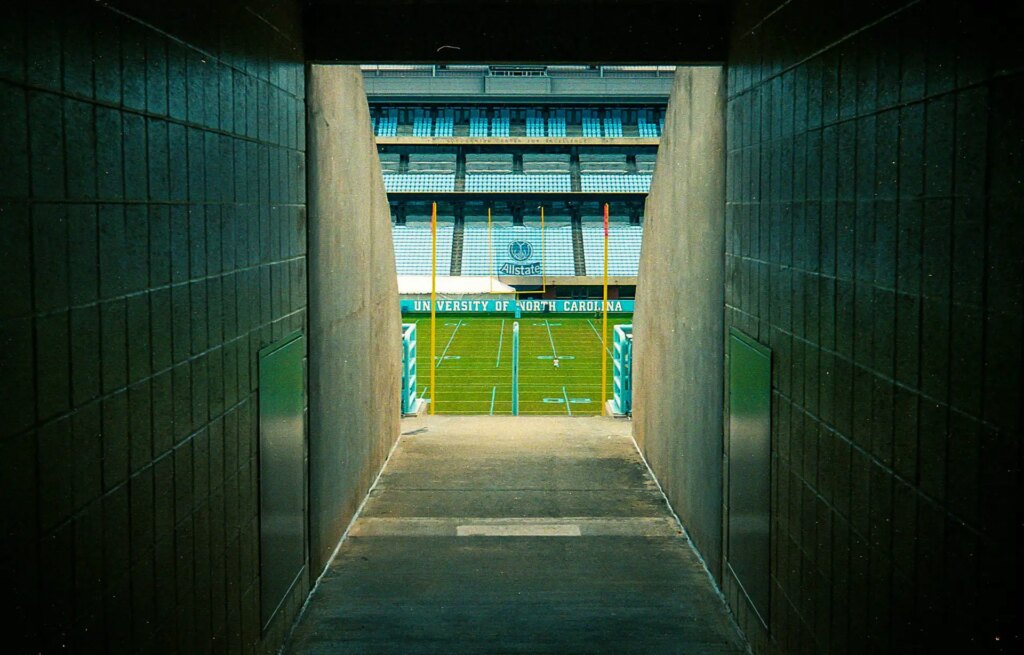
Newer or more advanced film and digital cameras are so capable as to make little sport of things. You could shoot them fully manually also of course, but if automation is available I tend to make use of it. With these cameras, you have no choice.
I also like half-frame cameras. I once had an Olympus PEN FT.
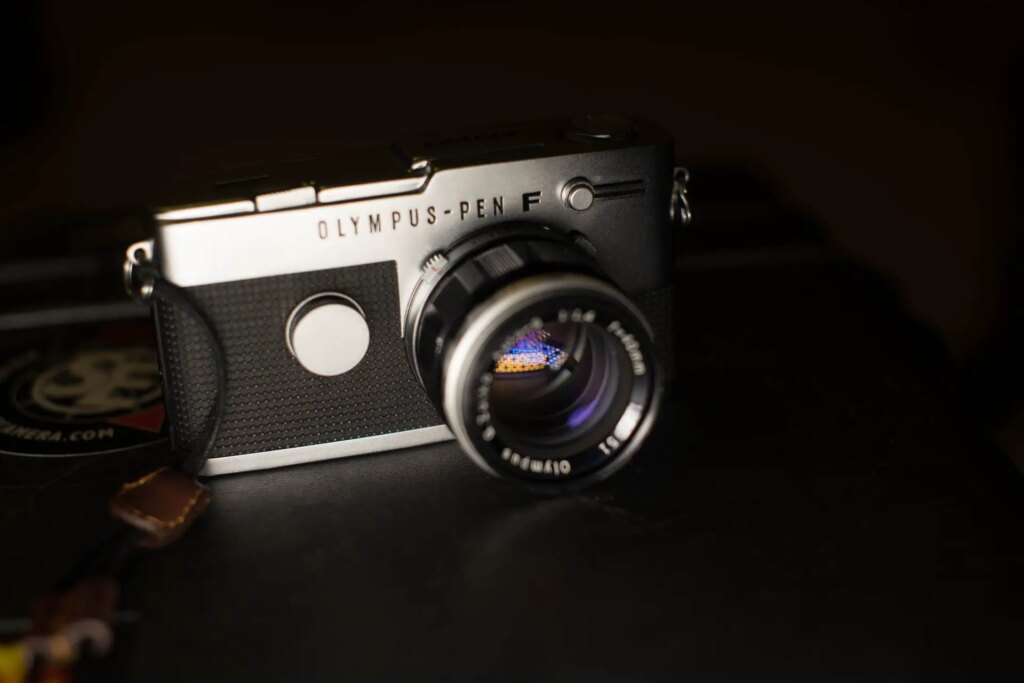
My favorite thing about half-frame cameras was creating diptychs.
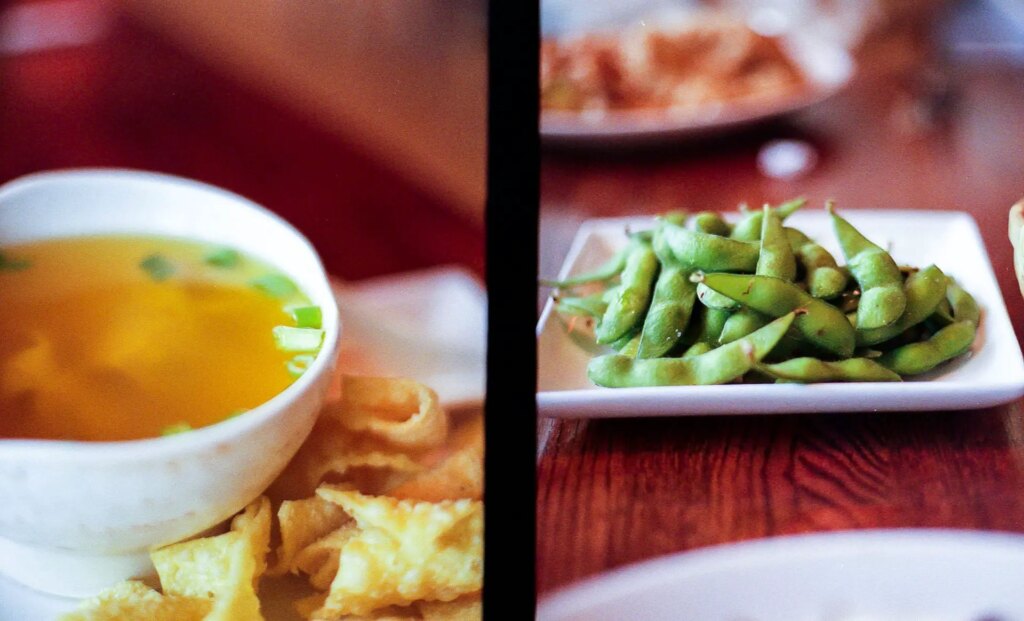
That is why I was immediately interested when the Kodak Ektar H35 was announced.
- $50.
- Half frame.
- The sample photos I saw were quite decent.
- $50.
On paper, the specs above seemed like a minus. The only parameters the user has any control over are:
- Film speed.
- Whether the flash is on.
This was the cause of my only hesitation with this camera. While not having control over the shutter or aperture might be expected at this price point, having control over neither seemed a bit too much to overcome at first. I paid less than $50 for my FED 2 and Argus C4, and with those I can set the aperture, shutter speed, and also focus. But then I remembered:
- Half-frame.
After checking it in and out of online carts repeatedly I was met with one in stock at my local camera shop.
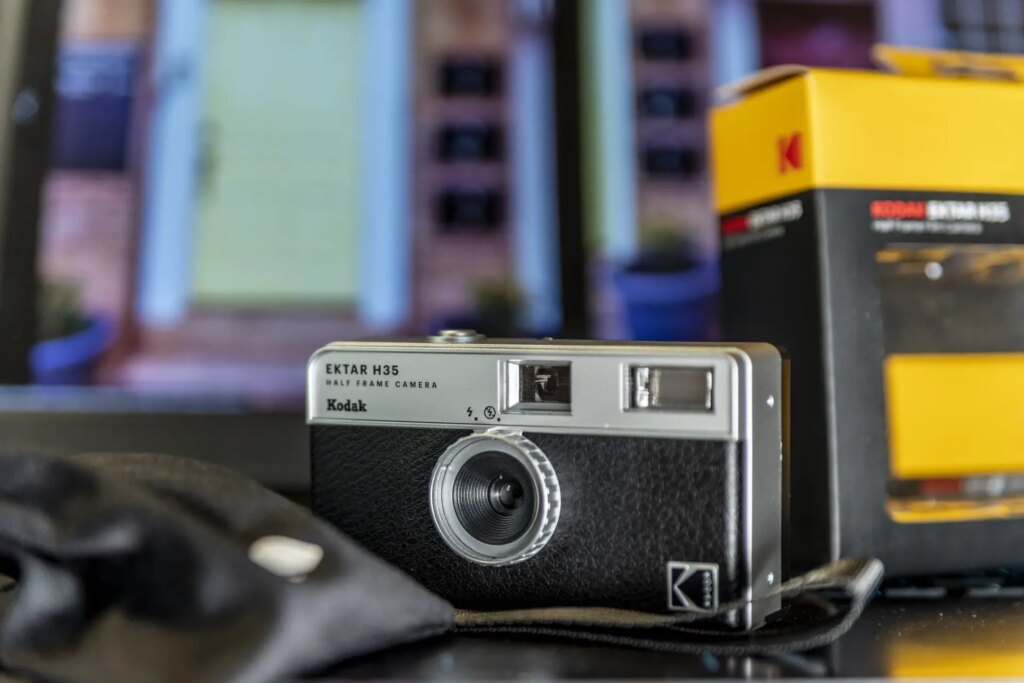
I had a good laugh with the folks at the store regarding the lightweight and plastic-y build. But at $50 this is expected. I will say that they nailed the aesthetics. It feels as inexpensive as it is but I do like the way it looks. I was tempted by other colors available, but went with the low-key black color scheme.
Specs
- 22mm fixed aperture f/9.5 lens.
- Fixed focus (Anything past 1.5 meters/4′-11″ will be in focus).
- Fixed 1/100s shutter speed.
- Flash with manual on/off switch.
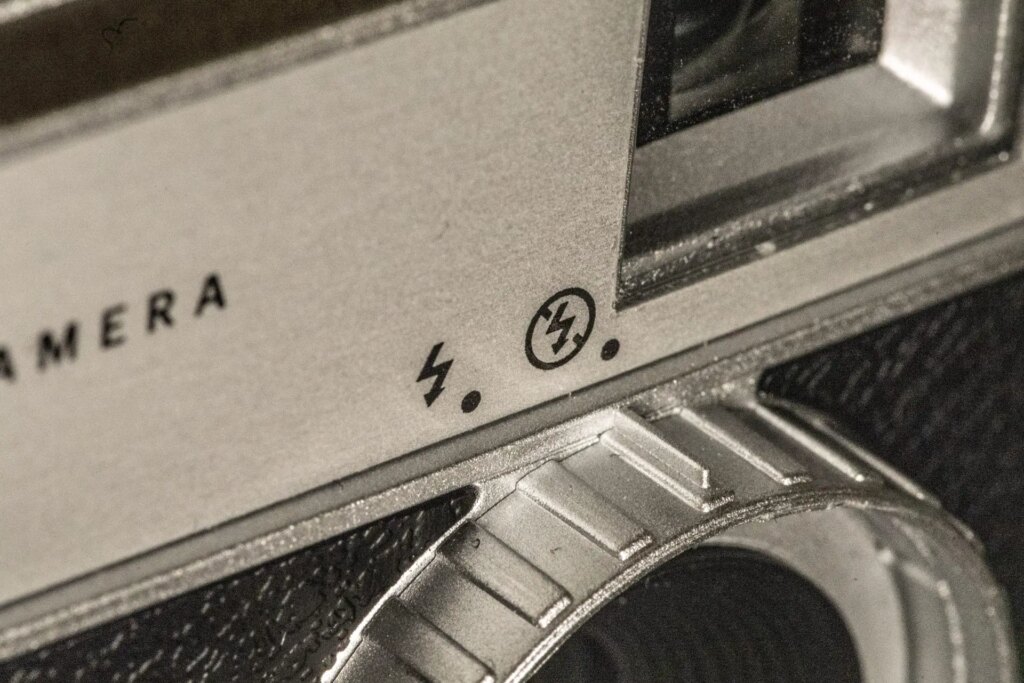
Build/Aesthetics
Build? It is a $50 camera. Not a bad looking little camera though. Did about as well as one could with an all plastic build.
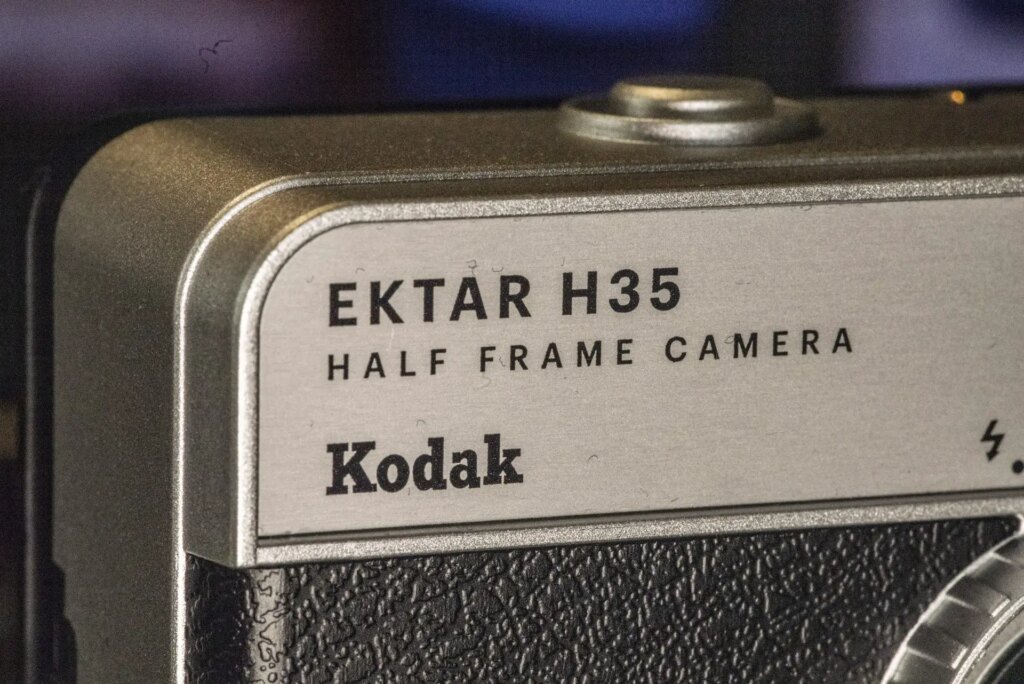
All of the necessary components are there.
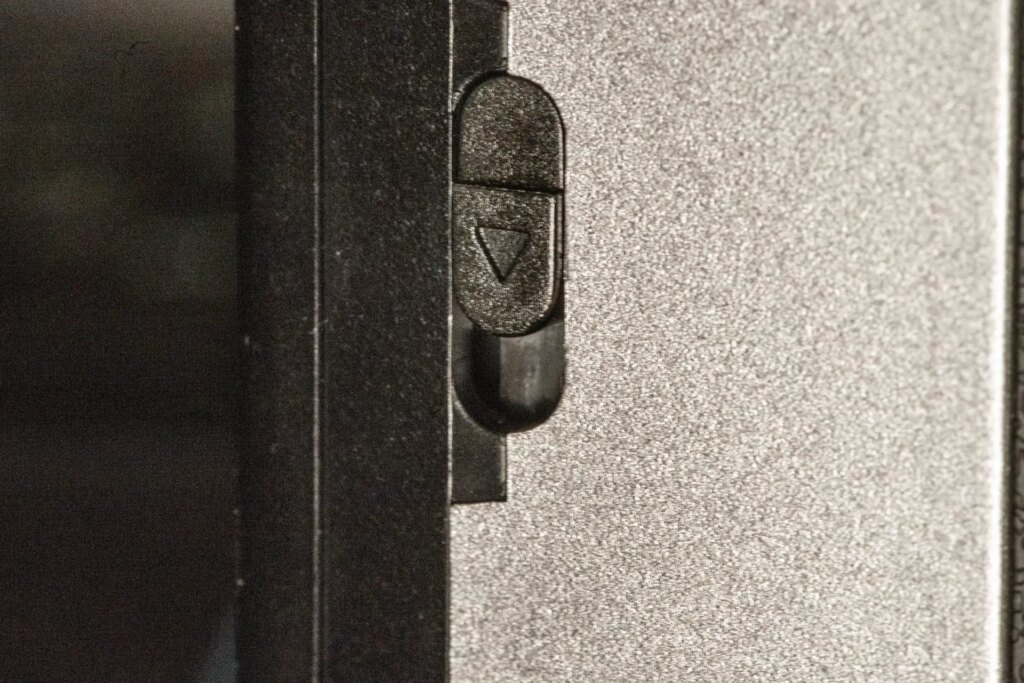
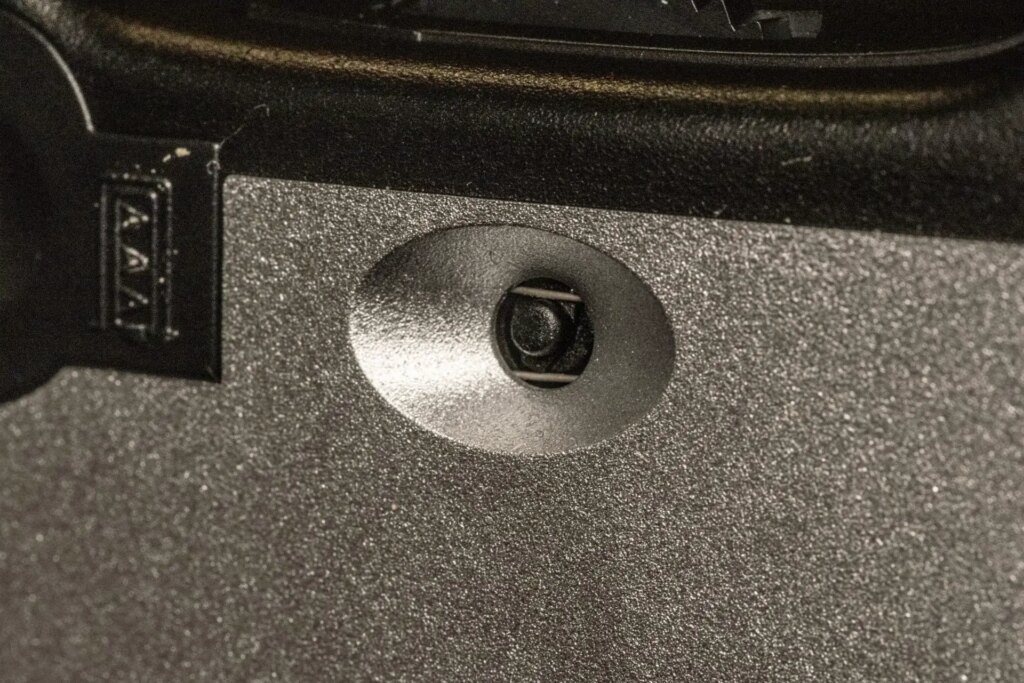
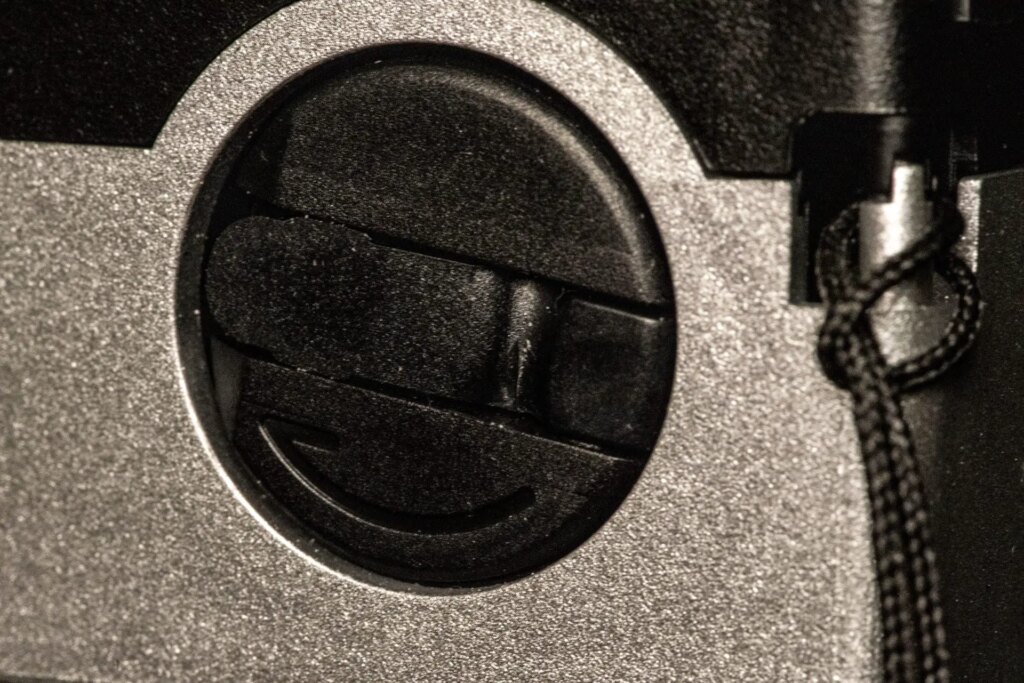
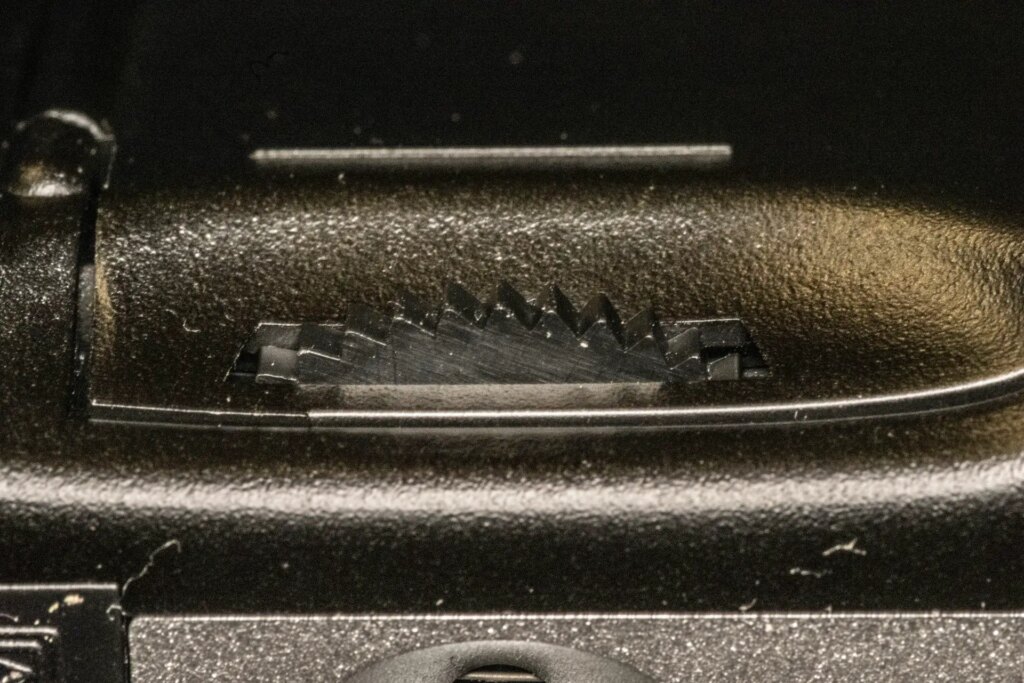
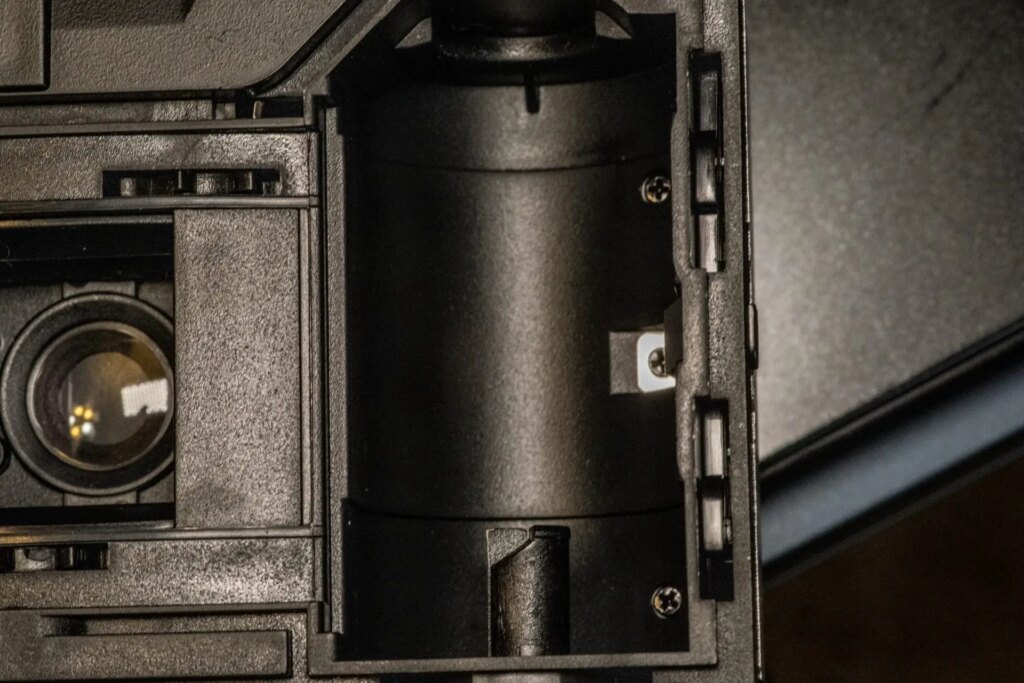
I’m in. Loaded up the camera with one of my favorite films, Lomography 400.
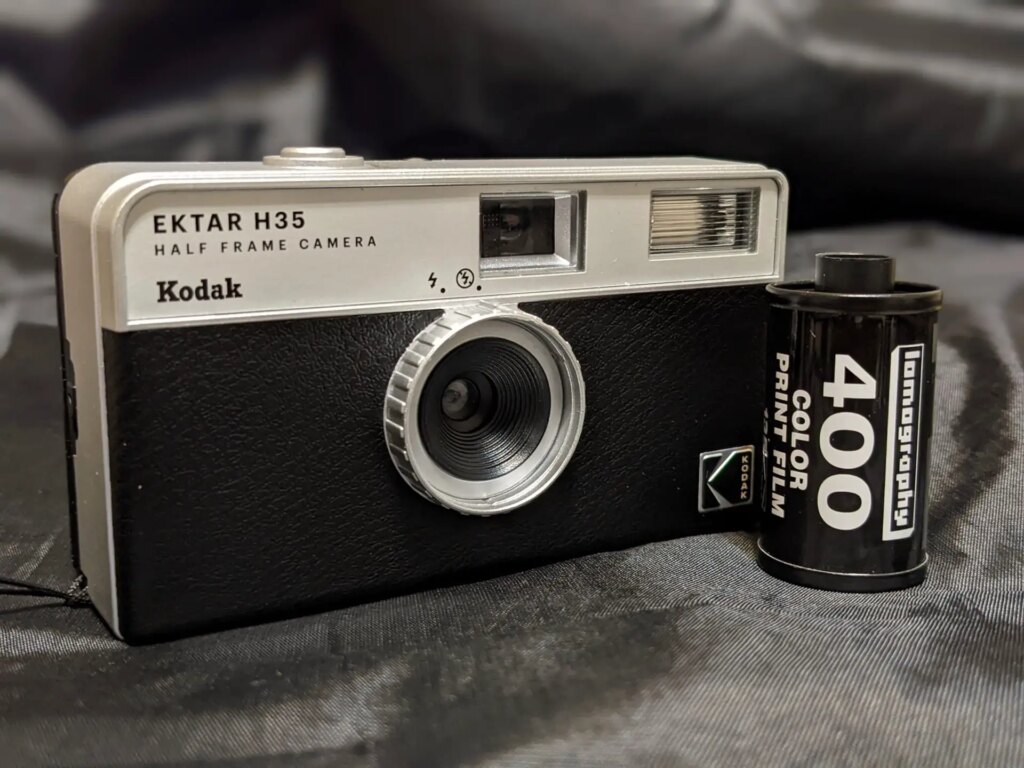
The Shooting Experience
I did not know what to expect, but what happened next surprised me honestly. Once you added the following variables together:
- Fixed focus.
- Fixed focal length.
- Fixed aperture.
- Fixed shutter speed.
- Fixed ISO.
- No exposure control other than a tiny AAA battery powered flash.
You are left with; frame a shot and push the shutter button. I had thought that would be a problem, but it was actually freeing.
Where I normally might have been obsessing about the desired depth of field, whether I was using the best focal length, etc., here all I had to do was shoot. And with such low expectations, I never hesitated to take a shot.
Sidenote: My haste teamed with an offset viewfinder, beef mitts, and a tiny camera resulted in quite a few finger in the frame shots. I still like the pics, but I will be more careful with how I hold the camera in the future.
I took it out running errands and I was having so much fun I found myself looking for places to take photos. For me an Olympus PEN FT comes with high expectations. Add in the required setting of proper exposure and acquiring focus and it used to take me a good while to get through a 72 exposure roll of film. But having no such concerns the Kodak Ektar H35 turns into a full on point and shoot.
Shooting with diptychs in mind impacted my shooting speed. Since I was shooting with diptychs as my goal 72 exposures becomes 36 sets of 2. Semantics really, but it did increase my shooting speed. I wanted to capture two perspectives of the same moment so I was always shooting twice where I would have usually been shooting once.
As a result, I burned through the first roll in no time. One evening actually.
Developing and Scanning
Lomography 400 plays well with Cinestill CS41 so developing went as well as it usually does.
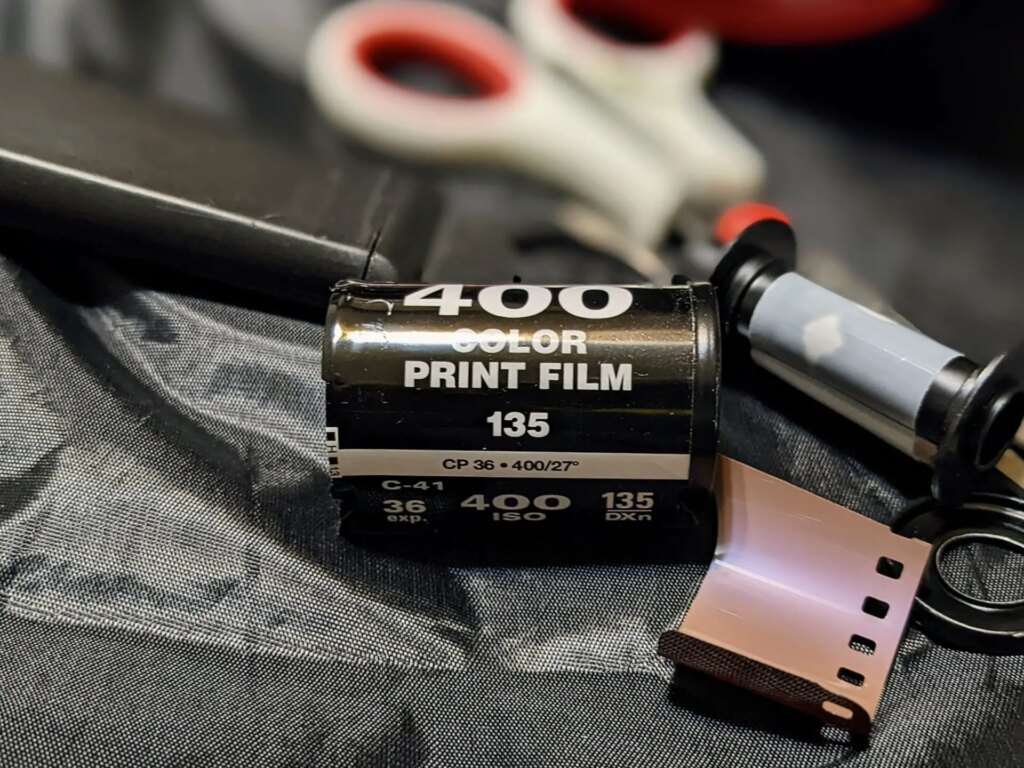
The negatives looked really good. And from what I could tell the lens seemed to be fairly sharp as well.
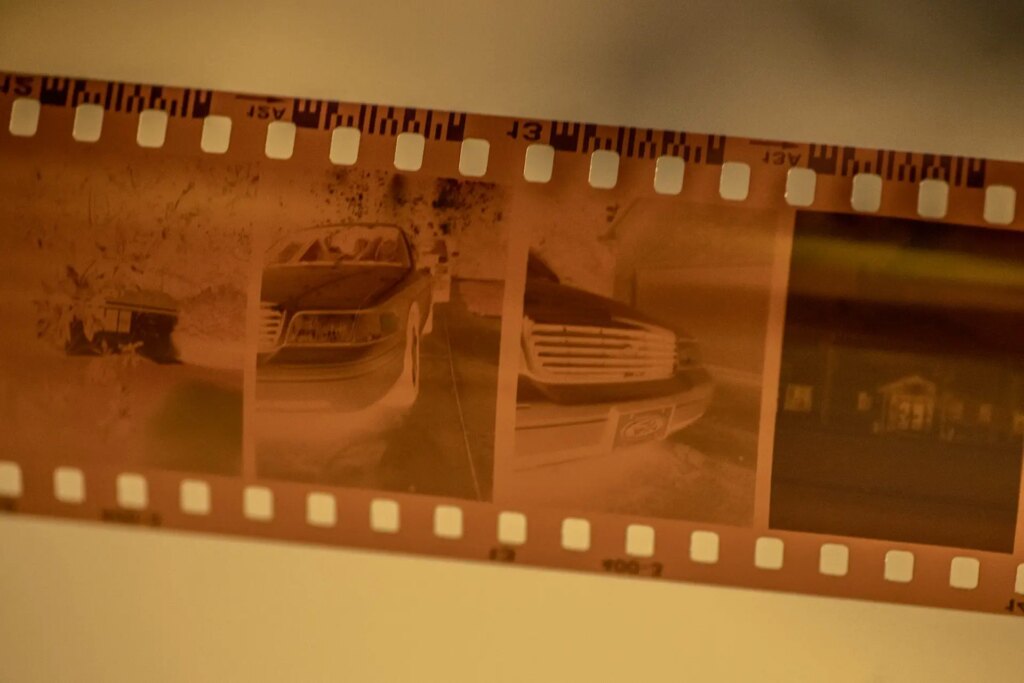
Not bad at all for a plastic lens.
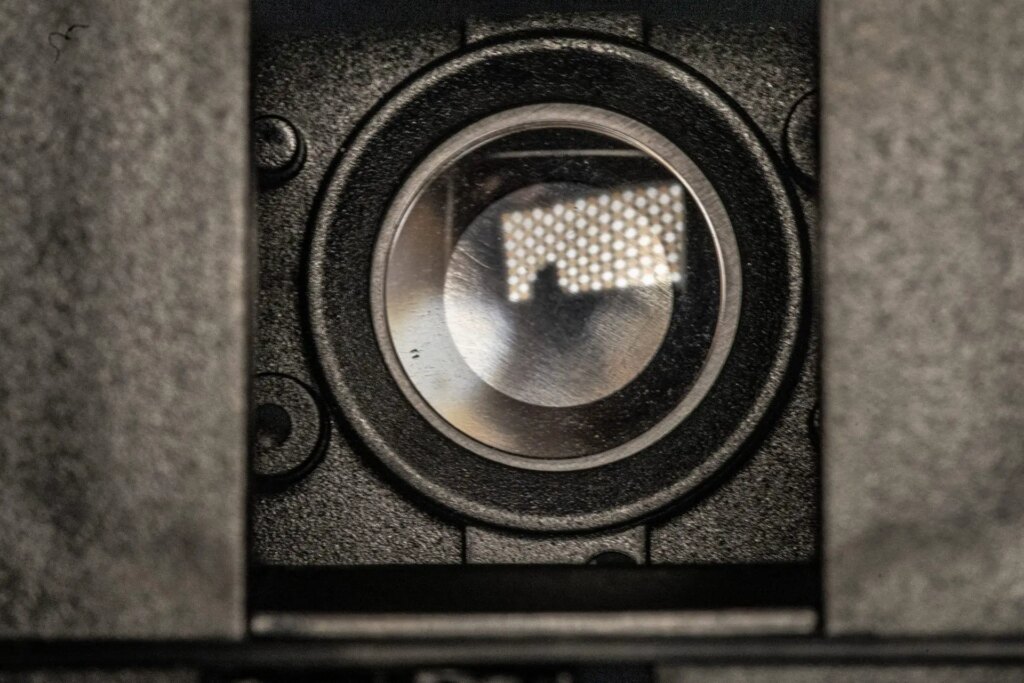
Scanning, however? When using an Epson V600 be very careful when cutting half-frame exposure film. I found the scanner making diptychs of its own imagining by skipping the first frame presented. Since issues arose with frames that were cut close to the edge of the exposure I assume that is the issue at least. Will be more careful next time around.
This has not happened when cutting full-frame images. Once I finessed the negatives to get the diptychs intended all went well after that.
Result? Quite good actually. Better than I expected if I am honest. Here are my 5 favorite frames from the roll. One with the edge of my finger free of charge.
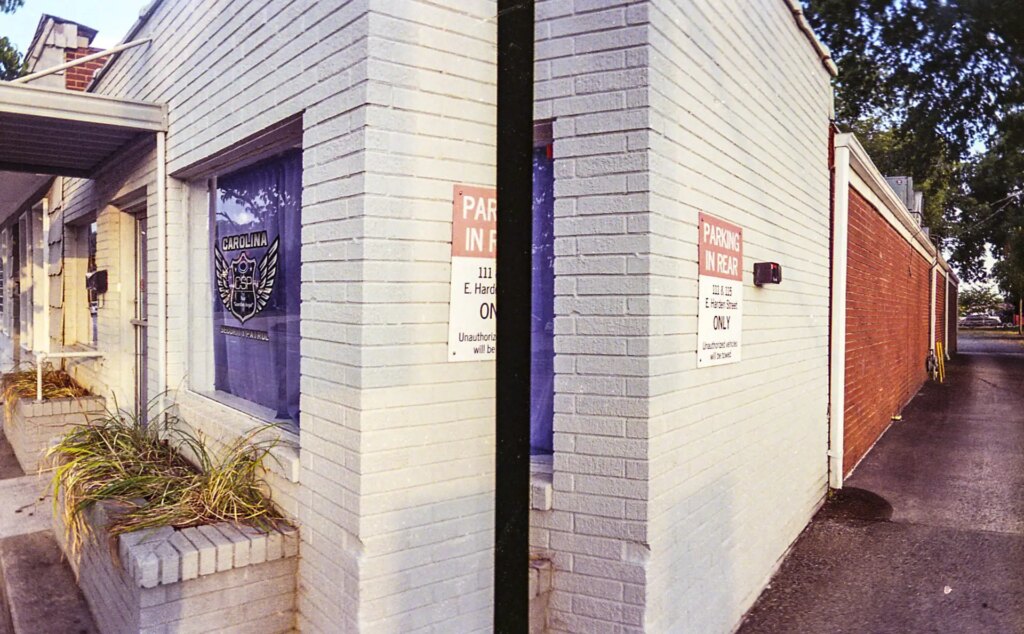
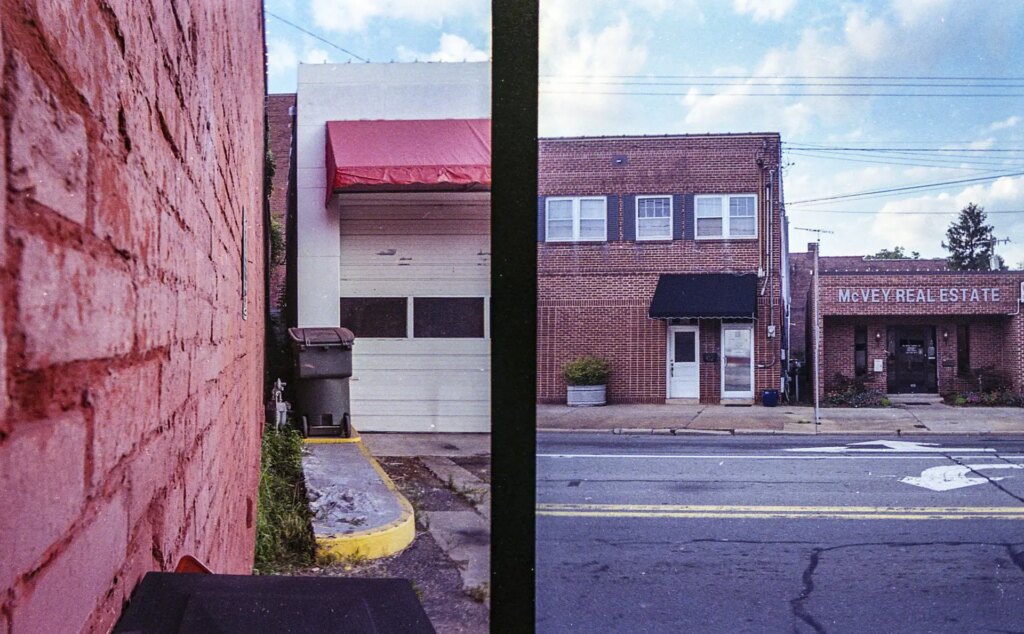
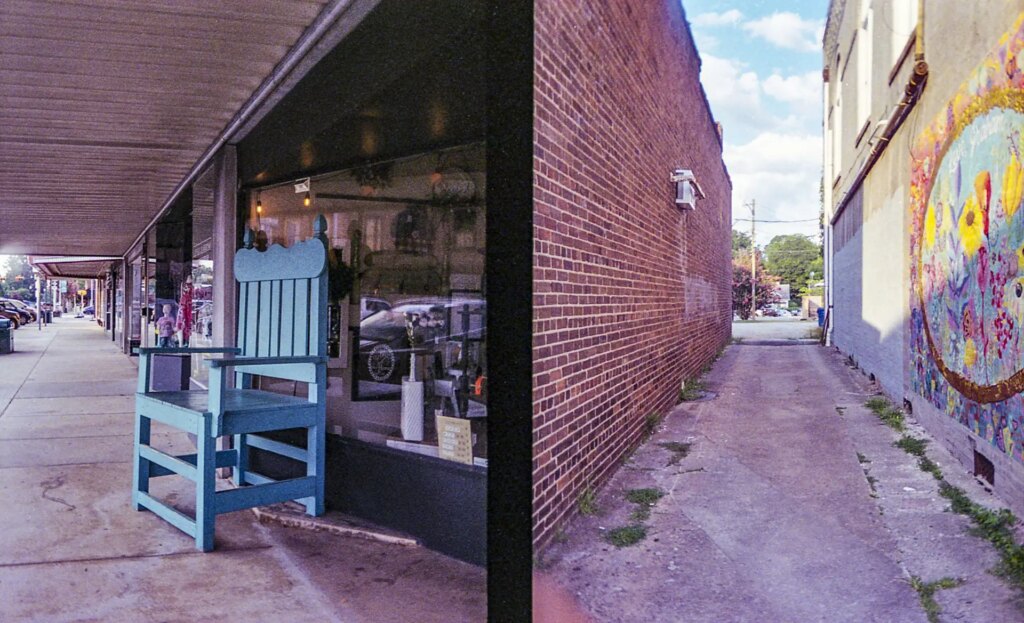
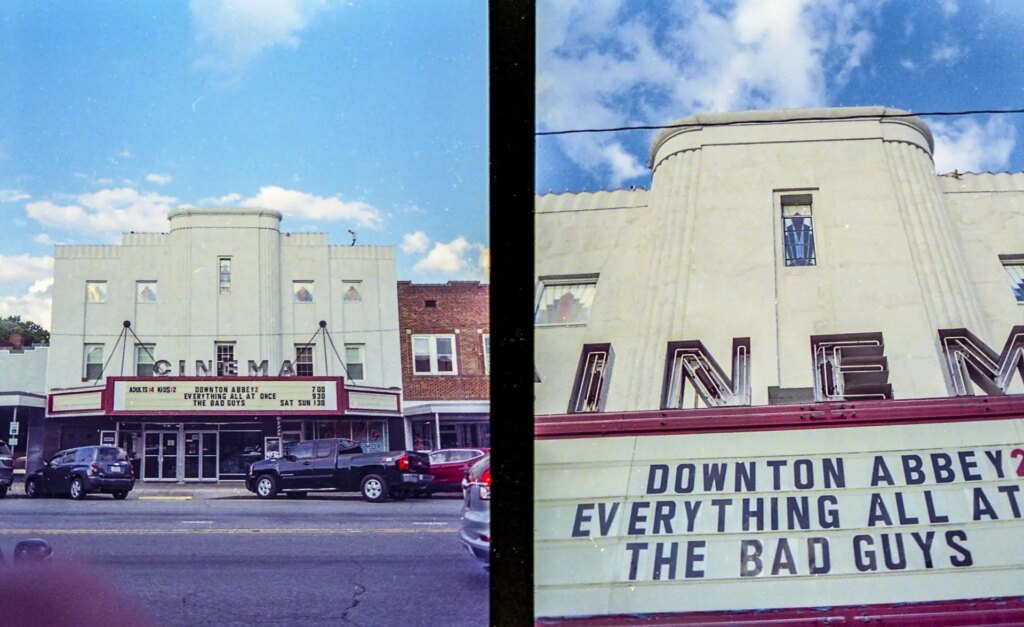
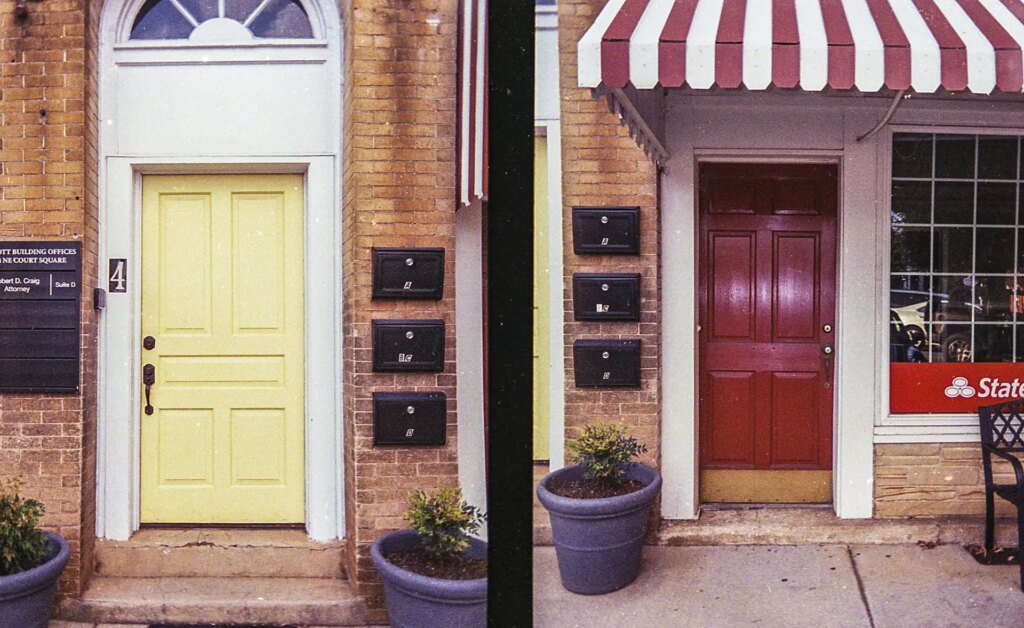
Minuses
- At this price point, none really.
- Performed far better than I expected.
- Build quality with a caveat.
- One could quibble about its build quality but once again I point to its price. Fragile? Not bad really. With care, I see no reason why this camera would not last a while. But if it did break I would likely just buy another.
- Lack of control.
- Everything went my way with the first roll, fortunately. Late day with a partly cloudy sky and 400 film seems to fit this camera well. But even with the available flash if you do not have the right film for the occasion you are fresh out of luck here. Was a bit bolder on the second roll, with a less forgiving film, and paid for it in lost frames. But I did still come away with quite a few frames that I really like.
Pluses
- Lens.
- Much better than it has any business being providing detail and colors far exceeding my expectations.
- The lens on this camera exhibits a bit of flare when pointed directly at the sun, but many lenses that cost more behave similarly.
- Impressive for a plastic lens.
- Packaging/Presentation.
- Comes with a strap and bag. Also, about as inexpensive feeling as you would expect but not bad. The box looks nice. Has no impact on the resulting image, but good to see.
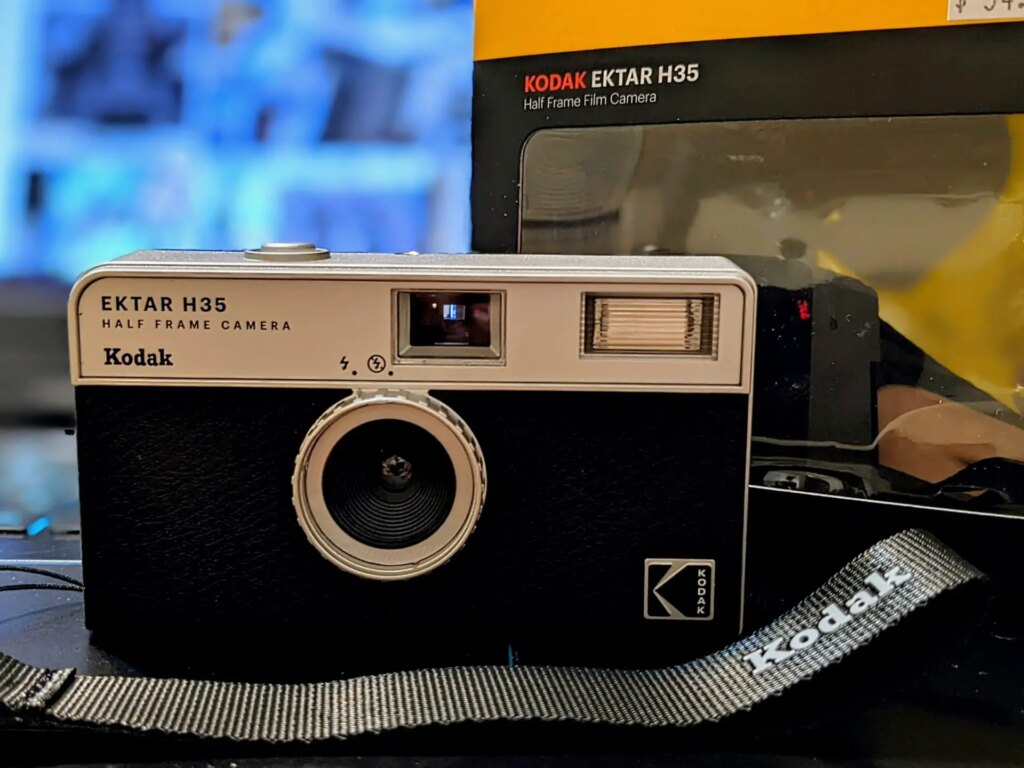
- Lack of control.
- I am fully aware that this was listed as a negative, but it is a positive as well. If conditions are suitable this makes for great fun. I found myself running around looking for portrait-orientated scenes and diptych candidates with no concern for exposure or focusing at all. As a result, I have already gotten through two rolls of film in as many days. That is something that never happened with the technically superior in every way half-frame Olympus PEN FT.
Notes
- Viewfinder.
- Fairly accurate for far away subjects, but I will need to take a bit more care in the future for closer objects. Not surprising at all for this configuration and as good as one can expect. I have experienced the same with rangefinder cameras costing far more.
- Unintentional flash firing.
- My example fired the flash for one additional shot after turning off the flash. Not a big for me since I used the flash infrequently and the couple of times it did fire when I did not intend for it to a AAA powered flash is not likely to cause any major overexposure concerns. Perhaps just a bright spot like what happened with the red door above.
Would I recommend it?
Yes. With caveats. I had great fun with it. And as an added bonus I really like the images it creates. I think anyone who would enjoy shooting with film would like this camera regardless of experience level. Having no control over… well anything… would make it easy to use for beginners and a nice break for enthusiasts and beyond. And at $50 there is little to lose.
If you must have control over… well anything exposure or focus related… and/or cannot get past the plastic-y feel this is not the camera for you.
Not for everyone admittedly, but great fun if you accept the limitations and roll with it.
I appreciate having this opportunity to share my experiences with this camera.
Eric L. Woods
I shoot a variety of new and old digital and film cameras. Industrial Engineer by education, IT is my vocation, and I really enjoy using, testing, and writing about cameras. All three of the latter are very therapeutic exercises for me. If you are so inclined my blog address is ewoodsphoto.com and I can be found on twitter and Instagram. All the best to you.
Share this post:
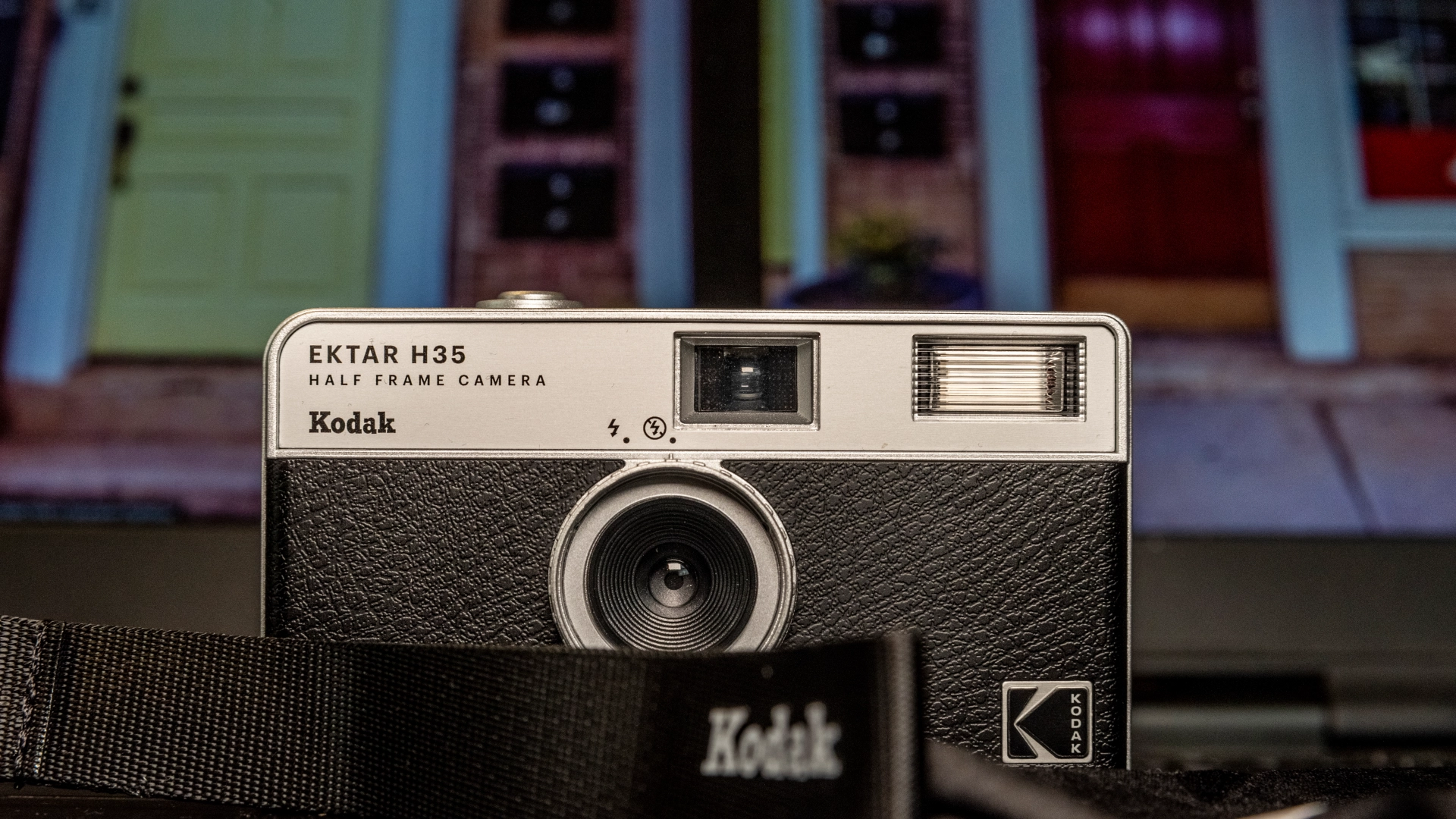
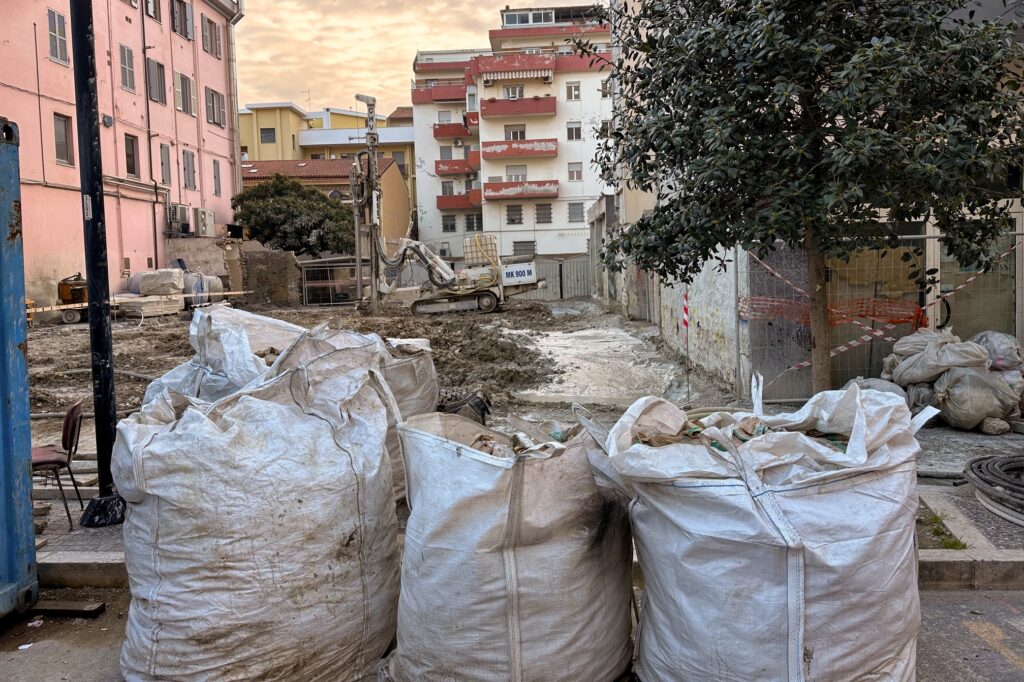
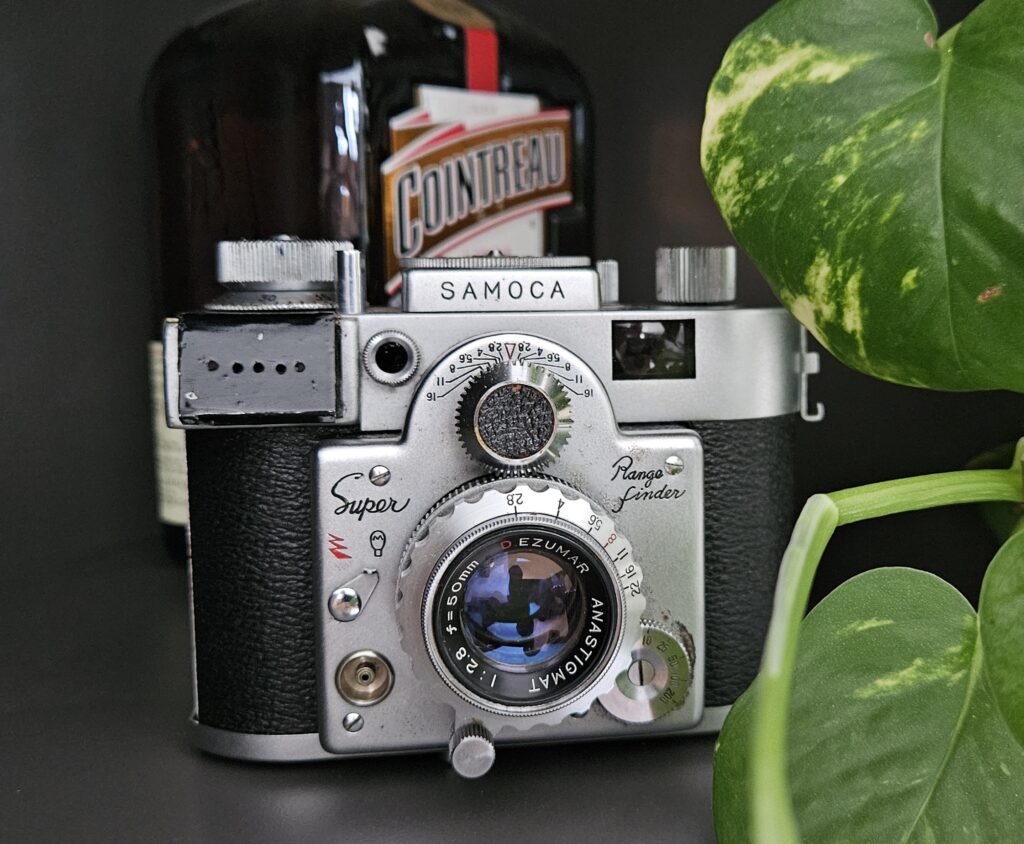

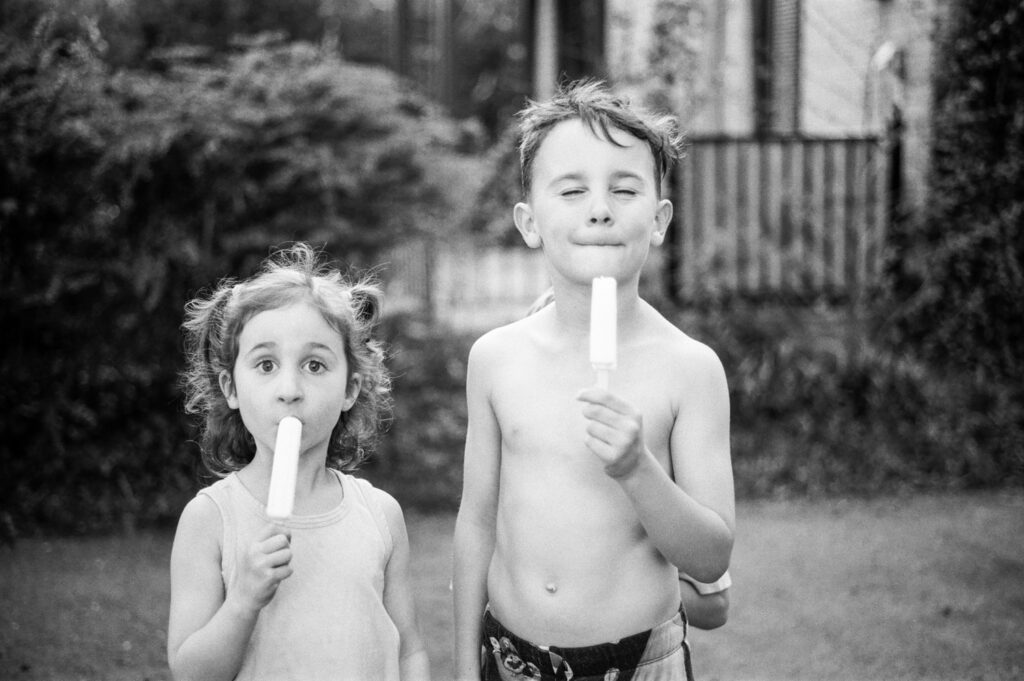




Comments
John Furlong on Kodak Ektar H35 Review – Cheap Thrills with a Very Simple Camera – By Eric L. Woods
Comment posted: 05/08/2022
As regards scanning half-frame negs., try using VueScan - you'll have full control over the area to be scanned.
Cheers,
John F.
Comment posted: 05/08/2022
Michael on Kodak Ektar H35 Review – Cheap Thrills with a Very Simple Camera – By Eric L. Woods
Comment posted: 05/08/2022
I know it is just me, but I cannot do the half-frame thing though. Just really not into that no matter what the camera is. But it is certainly a way to get more shots out of a roll. And the side-by-sides of the two shots can be interesting.
Comment posted: 05/08/2022
Bent_Brent on Kodak Ektar H35 Review – Cheap Thrills with a Very Simple Camera – By Eric L. Woods
Comment posted: 05/08/2022
(I won't be buying one - I'm a control freak - but I can understand the charm)
Huss on Kodak Ektar H35 Review – Cheap Thrills with a Very Simple Camera – By Eric L. Woods
Comment posted: 05/08/2022
The flash is maybe good to about 5 feet, after that it doesn't matter if it is on or off.